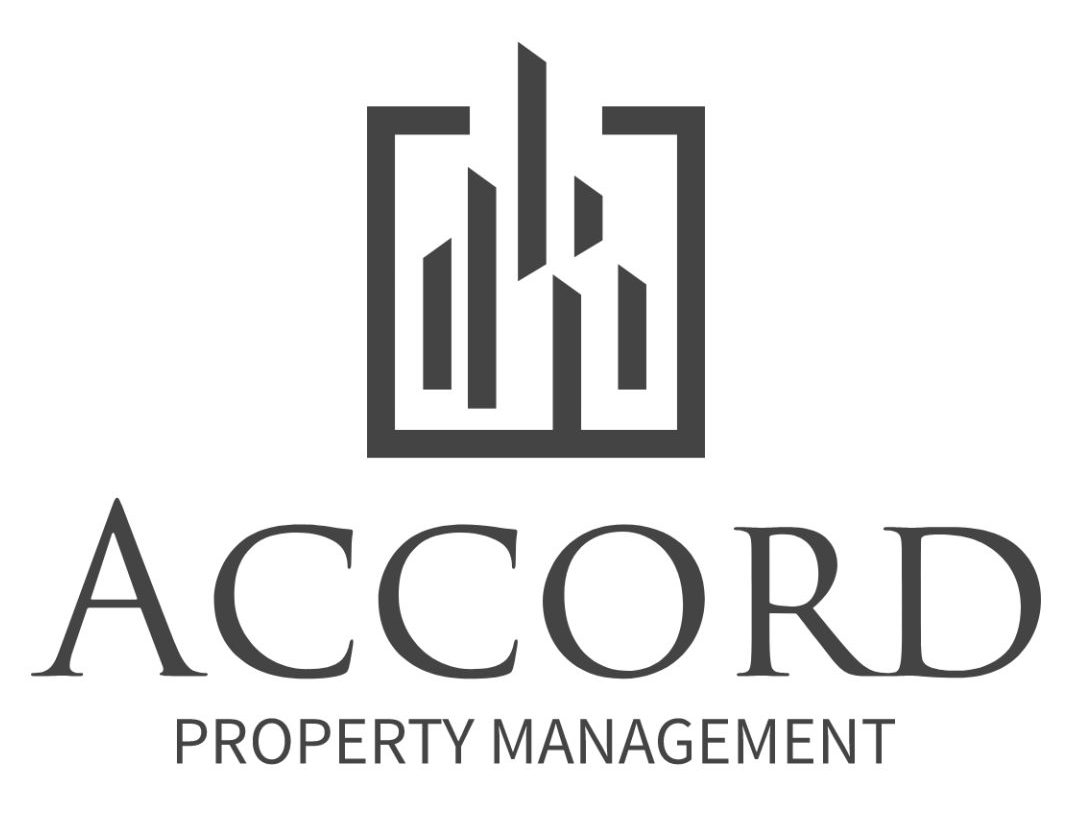TIPS FOR NEW HOA BOARD MEMBERS
There’s no shame in making mistakes. We’ve all made them when we’ve tried something new. There is shame, however, if you refuse to correct the error of your ways. Here is a list of the nine most common mistakes new board members make with some tips for turning those mistakes into successes.
Mistake # 1. Not learning how your association works
Too many new board members try to wing it when they join the board. New board members need to learn about the association. They should get their officers to give them an overview of their roles and responsibilities and the management plan in existence for the association. As soon as a new board takes over, its members should sit down with the officers and do a new-member orientation.
Mistake #2. Doing more than you’re permitted to do
Your authority as a board member stems from your association’s governing documents. If it’s not in the governing documents, you can’t do it. Some new board members try to do things outside the board’s authority. They’re very enthusiastic, and they want to take care of issues they care about. For example, a hot-button issue could be parking. But if there’s nothing in the governing documents about regulating parking or your association has public streets, there’s little the board can do to regulate parking.
Mistake #3. Changing the character of the association
One of the most egregious mistakes new board members can make is coming into office and attempting to change the lifestyle the membership expects the association to provide. Maybe a new board enters in a cost-saving mode, not that they shouldn’t try to save money, but be careful about changing the lifestyle that owners expected when they moved into the community without first consulting with them.
Mistake #4. Doing too much too soon
The biggest mistake is new board members being overzealous. Often they’ve got on the board for a reason, and they rush to make new policies without taking the time to examine the current policy, determining whether they can enforce the new policy, notifying the residents of a potential new policy, and getting them to buy into it. Any good decision should take some time to be made. Decisions shouldn’t be knee-jerk.
Mistake #5. Not investigating why policies are the way they are
New board members sometimes jump into their new roles without understanding why previous boards have implemented—or not implemented—past policies. Perhaps a previous board also wanted to make big changes, but it ran into resistance or learned it didn’t have the authority or funds to achieve those changes. There’s often no effort to sit and observe rather than to bulldoze. New board members want to change things without realizing there were reasons for that practical process that’s been put in place. Act deliberately. Don’t shoot from the hip. Have full knowledge of the background on a policy and the reasons for it. Do your homework before you make change.
Mistake #6. Changing vendors hastily
When a new board is taking over from a previous board, and you didn’t like the last board, avoid passing judgment on your hired professionals like your CPA, attorney, or trash company until you’ve had a chance to meet with them. If you didn’t like what they were doing before, understand that those contractors take direction from the board.
Mistake #7. Not learning from previous boards
Some new members will assume the last board did nothing right and don’t understand that making big changes affects everyone in the community. They don’t learn from their predecessors by reading all the minutes and doing all the hard work. That leads to boards creating a policy instead of saying, “Here’s a draft policy that we’d like feedback on.” Then they get run out of office or burned out after a negative response because they didn’t take the time to understand the association’s history.
Mistake #8. Thinking secrecy is permissible
Some new members don’t realize that transparency in an association is a good thing and goes a long way toward giving members the feeling that the board is doing the right thing. They don’t want to talk about issues publicly, and that leads them into trouble.
Mistake #9. Not taking the long financial view
Some new boards spend money they don’t have. They think, “We need to do this,” or “Homeowners have been asking for that.” But they don’t take the time to look at their overall financial position in a 5 or 10-year span. Unless new board members are CPAs many don’t understand how to look at association financial records, including accounts receivable, and understand how much money they really have to work with.
Common Tags: Property Management Firms, Property Management Company, Property Management Service, Property Management Services, Property Manager, Property Management, Hoa Property Management, Condominium Property Management, Townhouse Property Management, Property Management, Certified Property Manager, Multi Unit Property Management, Hoa Management Companies Denver, Homeowners Association Management, Trusted Hoa Property Management, Reliable Hoa Property Management, Hoa accounting.
